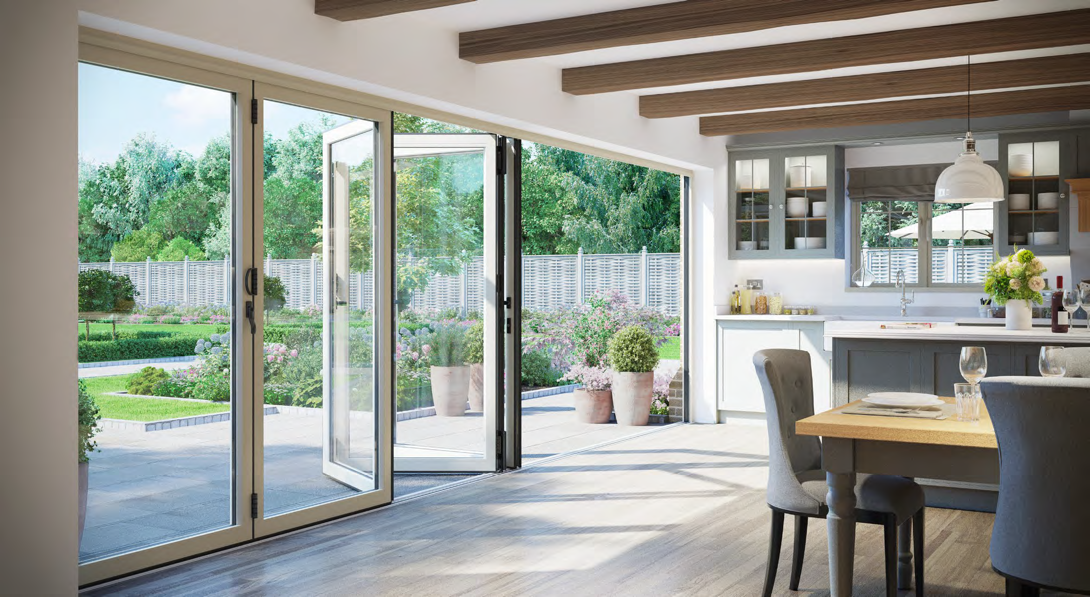Window Glass Replacement: A Comprehensive Guide
Intro

Window glass replacement is an important home enhancement job that accommodates both aesthetics and functionality. Beyond merely enhancing the look of your home, new glass installations can boost energy performance, security, and convenience. Whether due to unexpected damage, wear and tear, or updating to more energy-efficient alternatives, understanding the ins and outs of window glass replacement can make the procedure smoother and more cost-effective.
Why Replace Window Glass?
Numerous circumstances can trigger homeowners to consider window glass replacement. Here are a few typical factors:
- Damage or Breakage: Cracks and shattered glass can present safety risks and inconveniences.
- Energy Efficiency: Older window glass may not satisfy modern-day energy standards, resulting in higher energy bills.
- Condensation: Foggy windows frequently suggest seal failure, enabling moisture to build up between panes.
- Visual Preferences: An upgrade can improve curb appeal and total home worth.
- Noise Reduction: Replacing single-pane glass with double or triple-pane alternatives can block outside sound more effectively.
Table 1: Common Reasons for Window Glass Replacement
| Factor for Replacement | Description |
|---|---|
| Damage or Breakage | Safety concerns due to fractures or shattered glass. |
| Energy Efficiency | Reducing cooling and heating costs by updating to modern-day glass. |
| Condensation | Showing seal failure, resulting in moisture accumulation between panes. |
| Visual Preferences | Improving look and possible increase in residential or commercial property worth. |
| Noise Reduction | Enhancing comfort by minimizing outdoors sound pollution. |
Kinds Of Window Glass
When considering replacement, it's important to understand the different types of window glass offered:
- Single-Pane Glass: The least energy-efficient alternative, typically discovered in older homes.
- Double-Pane Glass: More energy-efficient due to the insulating air layer in between the panes.
- Triple-Pane Glass: Offers superior insulation and energy cost savings, perfect for extreme environments.
- Low-E Glass: Coated with a thin metal layer to show heat and UV rays, enhancing energy effectiveness.
- Tempered Glass: Heat-treated for increased strength, making it less most likely to shatter.
Table 2: Types of Window Glass and Their Benefits
| Kind of Glass | Description | Benefits |
|---|---|---|
| Single-Pane | One layer of glass | Affordable, but bad insulation. |
| Double-Pane | 2 layers of glass | Better insulation, more energy-efficient. |
| Triple-Pane | Three layers of glass | Ideal insulating residential or commercial properties. |
| Low-E | Layered glass for better energy usage | Minimizes heat and UV rays. |
| Tempered | Increased strength and safety | Shatters into small pieces, lowering injury threat. |
The Replacement Process
Changing window glass includes cautious planning and execution. Here's a streamlined process to follow:
- Assess the Damage: Identify whether complete replacement is essential or if repair work could be sufficient.
- Select the Right Glass: Based on your requirements, pick the most appropriate type of glass.
- Work with a Professional or DIY: Decide whether to deal with the replacement yourself or employ a professional. If going with DIY, ensure you have the right tools and materials.
- Gather Materials: Ensure you have everything required-- consisting of safety gear, glazing putty, and the new glass.
- Remove the Old Glass: Carefully take out the broken or broken glass, making sure to secure yourself from sharp edges.
- Install New Glass: Fit the new glass into the frame, utilizing glazing putty to protect it in location.
- Seal and Paint: Complete the installation by sealing any gaps and repainting if necessary.
Advantages of Hiring a Professional
While DIY projects can be fulfilling, there are numerous benefits to hiring experts:
- Expertise: Professionals have experience and skills relevant to different kinds of windows and materials.
- Time-Saving: Pros can usually complete the job much faster than an inexperienced property owner.
- Warranty: Many contractors offer guarantees on labor and products, offering comfort.
Regularly Asked Questions (FAQs)
1. How much does window glass replacement usually cost?
The cost varies according to the type of glass, window size, and whether a professional is hired. Typically, house owners may spend in between ₤ 100 and ₤ 600 per window.
2. How long does it take to replace window glass?
The replacement process normally takes a few hours to a complete day, depending on the project scope and whether complications develop.
3. What should I do if my window is foggy?
If a window is foggy, it may require to be resealed or changed entirely. Consulting a professional can assist figure out the very best course of action.
4. Can I update to energy-efficient glass?
Yes, replacing your existing glass with energy-efficient alternatives can significantly lower energy costs and enhance convenience.
5. Do I need an authorization for window replacement?
License requirements vary by area. Contact your local federal government to make sure compliance with building regulations and regulations.
Window glass replacement is an important task for preserving the safety, efficiency, and look of your home. By comprehending the factors for replacement, recognizing the types of glass readily available, and following the correct actions for installation, house owners can make informed decisions that eventually improve their home. Whether taking on the job alone or enlisting the assistance of a professional, the outcomes will result in increased convenience and satisfaction in one's home environment.



